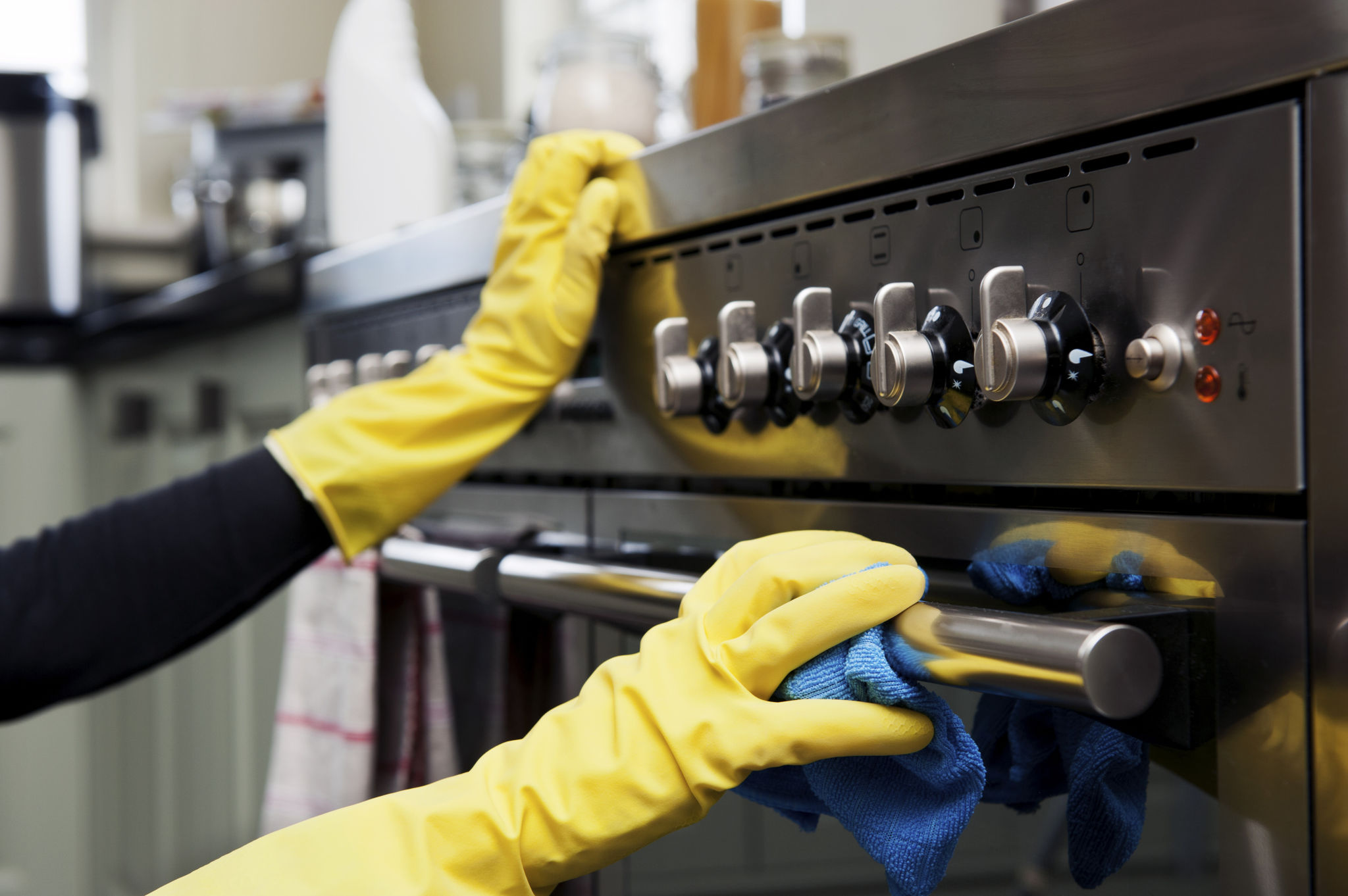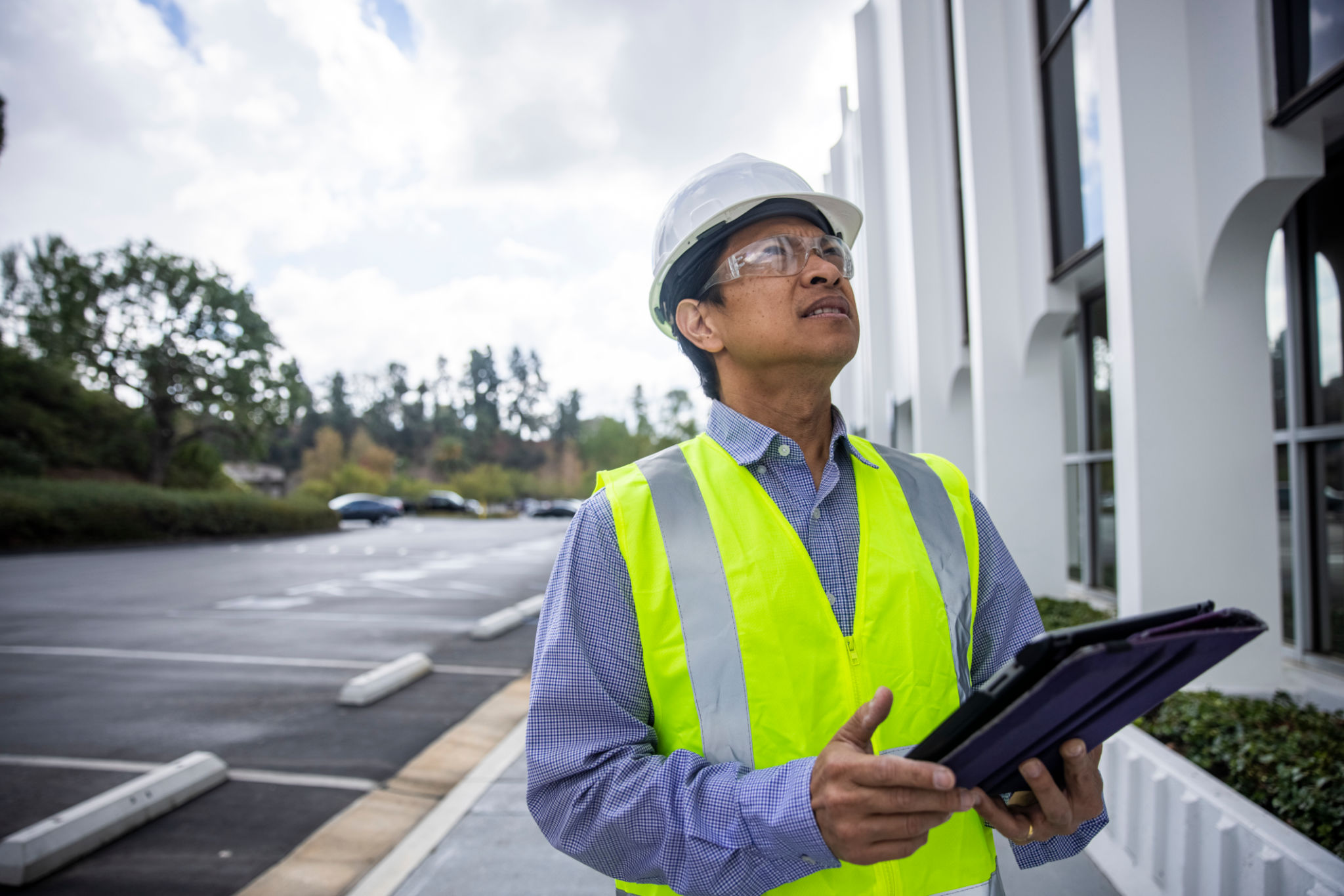Essential Tips for Preventive Maintenance of Restaurant Appliances
Understanding the Importance of Preventive Maintenance
In the bustling environment of a restaurant, appliances are the backbone of operations. From ovens to refrigerators, these machines endure heavy usage, making preventive maintenance crucial. Regularly scheduled maintenance not only extends the lifespan of your equipment but also ensures consistent performance, preventing unexpected breakdowns that could disrupt service.
Neglecting maintenance can lead to costly repairs and replacements. By investing time in preventive care, you can save money in the long run and maintain the quality of your food and service.

Creating a Maintenance Schedule
Establishing a routine maintenance schedule is essential for keeping your appliances in top condition. Start by identifying the critical equipment in your kitchen and determining the manufacturer's recommended maintenance intervals. This schedule should include daily, weekly, and monthly tasks tailored to each appliance's needs.
Assign specific team members to oversee these tasks, ensuring accountability and consistency. Having a clear schedule with assigned responsibilities can help streamline the process and prevent tasks from being overlooked.
Daily Maintenance Tasks
Daily maintenance tasks should focus on cleaning and inspecting equipment. For instance, ensure that all cooking surfaces are wiped down, and filters are cleaned to prevent grease buildup. Check for any signs of wear or damage, such as loose parts or unusual noises, and address them immediately.

Weekly and Monthly Checks
Weekly checks might involve more in-depth cleaning, such as deliming dishwashers or cleaning condenser coils on refrigeration units. Monthly checks should include inspecting electrical connections, lubricating moving parts, and checking for leaks or blockages in plumbing systems.
Documenting these checks can help track appliance performance over time, identifying patterns or recurring issues that may need professional attention.

Training Staff on Proper Equipment Use
A significant aspect of preventive maintenance is ensuring that all staff members are trained in the correct use of each piece of equipment. Misuse can lead to unnecessary wear and tear or even immediate damage. Regular training sessions can help keep everyone informed of best practices and any updates to equipment handling procedures.
Encourage staff to report any irregularities immediately, fostering a proactive approach to maintenance. This vigilance can catch minor issues before they escalate into major problems.
Partnering with Professionals
While some maintenance tasks can be handled in-house, partnering with professional technicians for periodic inspections is wise. These experts can conduct thorough assessments, identifying potential issues that may not be apparent to untrained eyes. Scheduling bi-annual or annual professional inspections complements your regular maintenance routine.
Investing in a service contract with a trusted provider can offer peace of mind, knowing that your appliances receive the necessary care and attention from experienced professionals.

Conclusion
Preventive maintenance is a cornerstone of efficient restaurant operations. By implementing a structured maintenance plan, training staff properly, and enlisting professional help when needed, you can ensure your appliances remain reliable workhorses in your kitchen. This proactive approach not only safeguards your investment but also upholds the quality and consistency your patrons expect.
Remember, a well-maintained kitchen is not just about avoiding downtime—it's about creating an environment where your team can thrive and deliver exceptional service every day.